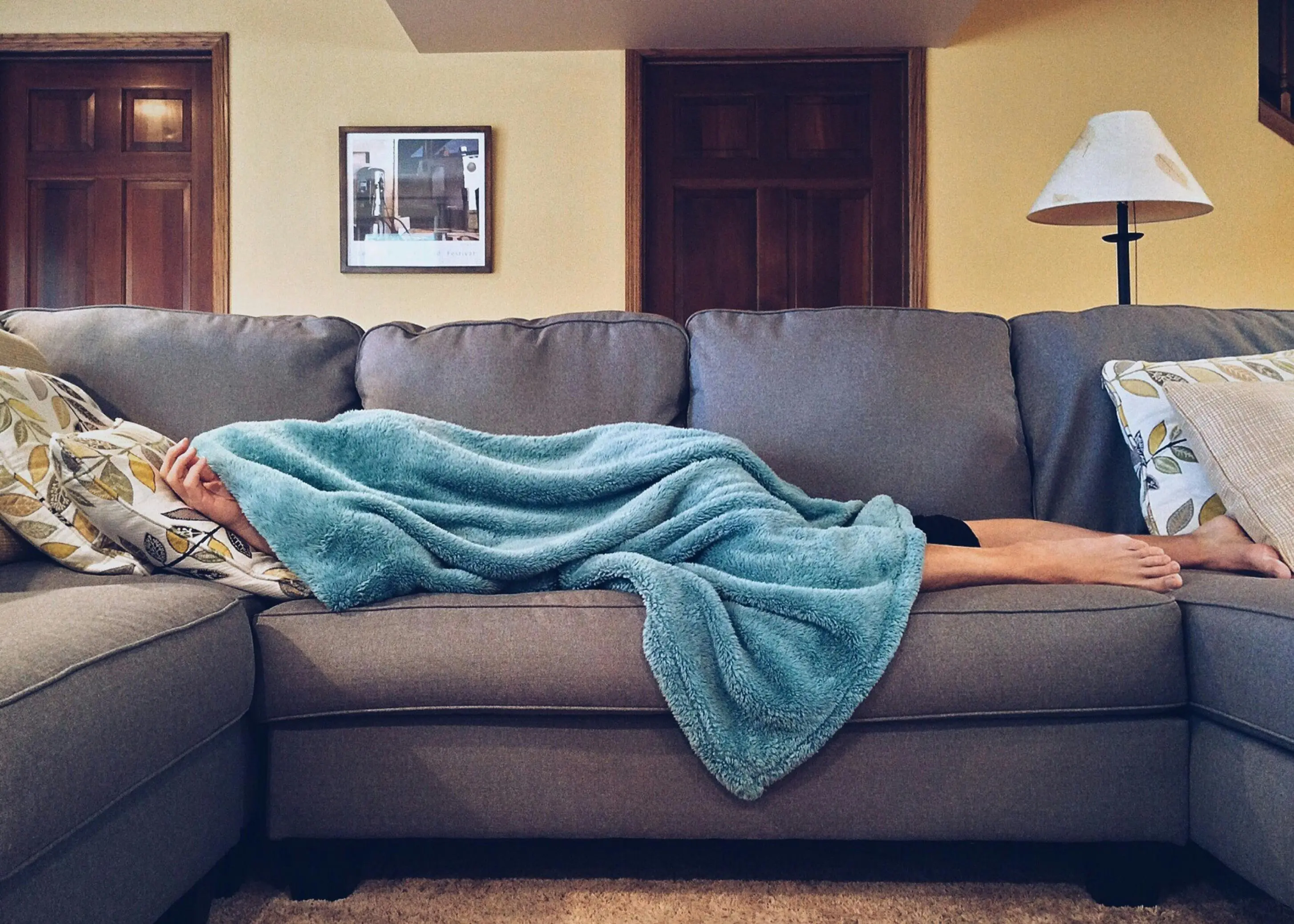Wake up rested. 5 reasons why you are tired in the morning
Do you often feel tired and chewy when you wake up, even though you've been sleeping all night? Here are five common causes of morning fatigue -- and what you can do about them.

Introduction
Waking up refreshed and ready for the day is a dream for many, but all too often we are met with toughness, fatigue and a feeling of not being rested — even though we have slept for hours.
Sleep deprivation is a common cause of low energy and concentration problems, but even those who sleep long enough can experience morning fatigue. What does it depend on, and what can you do about it? Let's go through five common causes -- and how to solve them.
1. You're not getting enough deep sleep
Deep sleep is the most restorative phase of sleep and crucial for both physical and mental recovery. During this phase, cells are repaired, the immune system is strengthened, and memory is processed. If you often wake up during the night or don't reach the deep sleep phases, you may feel tired, even after a long night's sleep.
How to improve your deep sleep:
✓ Create a sleep ritual — unwind with a book or quiet music.
✓ Avoid blue light from screens at least 60 minutes before bedtime.
✓ Make sure your bedroom is dark, cool and quiet.
2. Irregular sleep habits disrupt your circadian rhythm
Your body has a built-in biological clock, the circadian rhythm, that controls when you feel tired or alert. If you go to bed and wake up at different times each day -- especially on weekends -- it can upset your rhythm and lead to morning fatigue.
How to Create Better Sleep Habits:
✓ Try to keep the same sleeping times every day, even on weekends.
✓ Get morning sun — daylight helps the body regulate the circadian rhythm.
✓ Avoid long sleeping mornings and late nights that can upset your rhythm.
3. Your diet affects your sleep quality
What you eat and drink — especially in the evening — can have a big impact on your sleep quality. Some foods can interfere with sleep, while others can help you relax and get better sleep.
Common disorders that can interfere with sleep:
❌ Caffeine and nicotine — both can keep you awake for a long time.
❌ Alcohol — can help you fall asleep but impairs deep sleep.
❌ Heavy or fatty foods late at night — can cause discomfort and interfere with sleep.
Foods that promote better sleep:
✓ Magnesium-rich foods such as almonds and spinach.
✓ Tryptophan-rich foods such as turkey, milk and oats.
✓ Chamomile tea or warm milk that can have a calming effect.
4. Stress and worry keep you awake
High levels of the stress hormone cortisol can make it difficult to fall asleep and impair sleep quality. If you often wake up tired, it may be because your brain has not received adequate recovery during the night.
How to manage stress for better sleep:
✓ Try relaxation techniques such as meditation or deep breathing.
✓ Create an evening warm-up routine.
✓ Write down your thoughts in a diary to reduce brooding.
5. Sleep apnea and other sleep disorders can lower your energy
Sleep apnea is a common but often undetected cause of fatigue. In sleep apnea, the airways become temporarily blocked during the night, leading to brief pauses and repeated awakenings — often without you noticing.
Signs that you may have sleep apnea:
🔹 Loud snoring and respiratory arrest during the night.
🔹 You often wake up with a headache or dry mouth.
🔹 Despite sufficient sleep time, you are constantly tired.
This is how you can deal with sleep disorders:
✓ Consult a doctor if you suspect sleep apnea.
✓ Avoid alcohol and sleep on your side to reduce airway blockage.
✓ Invest in a sleep analysis to identify any problems.
Summary
Morning fatigue can result from a combination of poor sleep quality, stress, dietary habits, and irregular circadian rhythms. Fortunately, there are several ways to improve your sleep and wake up more rested.











